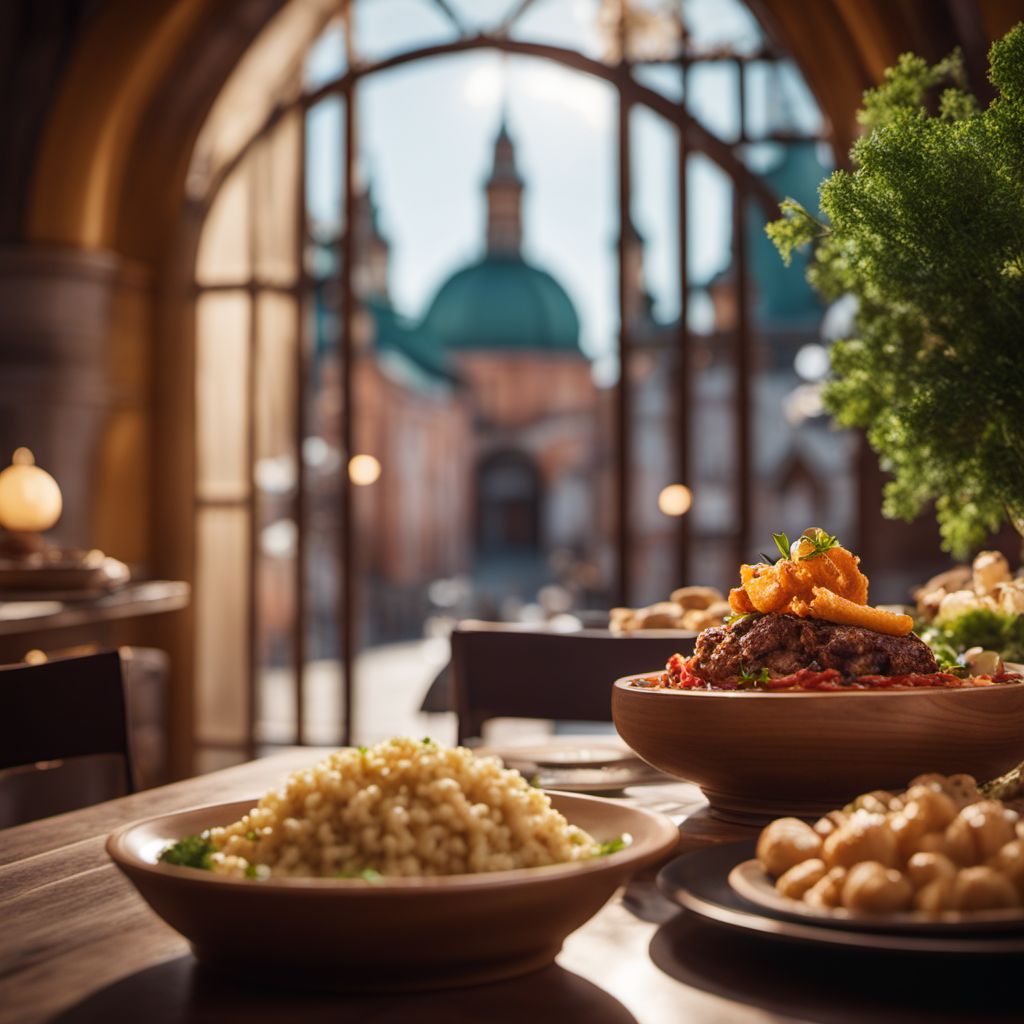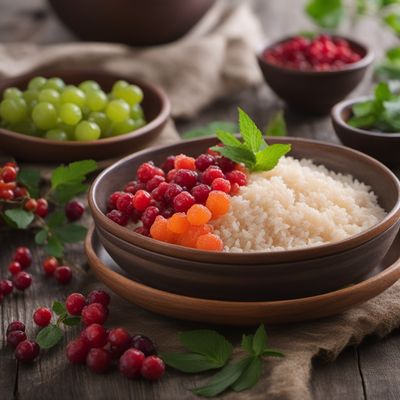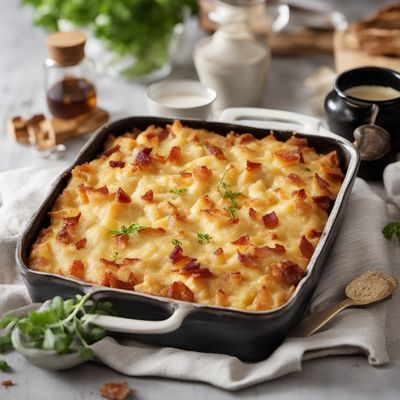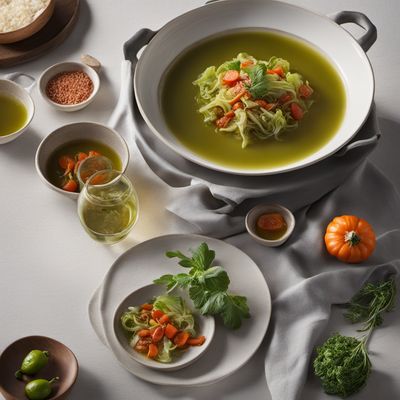
Cuisine
Livonian cuisine
Livonian cuisine is based on the use of local ingredients and traditional cooking methods. Fish, particularly smoked fish, is a common ingredient, as are game meats like elk and wild boar. Wild berries, such as lingonberries and blueberries, are also commonly used in Livonian dishes. Traditional Livonian dishes include pīrāgi (a type of pastry filled with bacon and onions), sklandrausis (a sweet pastry made with rye flour and filled with carrots and potatoes), and rupjmaize (a dark rye bread).
Typical ingredients
Fish, Game meats (elk, wild boar), Wild berries (lingonberries, blueberries), Rye flour, Bacon, Onions, Carrots, Potatoes, Rye bread
Presentation and garnishing
Livonian dishes are often served in simple, rustic presentations that emphasize the natural flavors of the ingredients. Some dishes may be garnished with herbs or berries.
Livonian cuisine is known for its use of local ingredients and traditional cooking methods. Many Livonians still practice traditional methods of smoking fish and game, and foraging for wild berries. The region is also known for its dark rye bread, which is a staple of the Livonian diet.
More cuisines from this region...
History
Livonian cuisine has a long history dating back to the pre-Christian era, when the Livonian people lived as hunter-gatherers in the forests and along the coast of the Baltic Sea. Over the centuries, the cuisine has been influenced by neighboring countries such as Estonia and Latvia, as well as the country's own rural traditions. Today, Livonian cuisine is an important part of the Livonian cultural heritage, and is enjoyed by both locals and visitors to the region.
Cultural significance
Livonian cuisine is an important part of the Livonian cultural heritage, and is often associated with the country's rural traditions. Many Livonians take pride in their cuisine and enjoy sharing it with others. The cuisine is also an important part of Livonian identity, and is often used to promote the region's tourism industry.
Health benefits and considerations
Livonian cuisine is generally high in protein and low in fat, making it a good choice for those on a high-protein or low-fat diet. However, some traditional Livonian dishes may be high in salt or sugar, so it is important to consume them in moderation.
Livonian cuisine recipes Browse all »

Livonian Wave Cake
Baltic Delight: Livonian Wave Cake

Livonian Berry Tart
Forest Delight: Livonian Berry Tart

Livonian Kutsinta
Amber Delight: Livonian Kutsinta - A Sweet Taste of Livonian Tradition

Livonian Coconut Dumplings
Coconut Delights: Livonian Style Dumplings

Livonian Palm Weevil Larvae
Savory Delicacy from Livonia: Palm Weevil Larvae

Livonian Potato and Cheese Casserole
Hearty Livonian Potato and Cheese Delight

Livonian Acquacotta
Hearty Livonian Vegetable Stew

Livonian-style Waakye
Savory Livonian Rice and Beans Delight

Livonian Ajngemahtec
Smoked Fish Stew with Livonian Flavors

Livonian Cabbage Salad
Zesty Livonian Cabbage Delight

Livonian-style Pumpkin Pancakes
Autumn Delight: Livonian Pumpkin Pancakes

Livonian Spice Cookies
Spiced Delights from Livonia